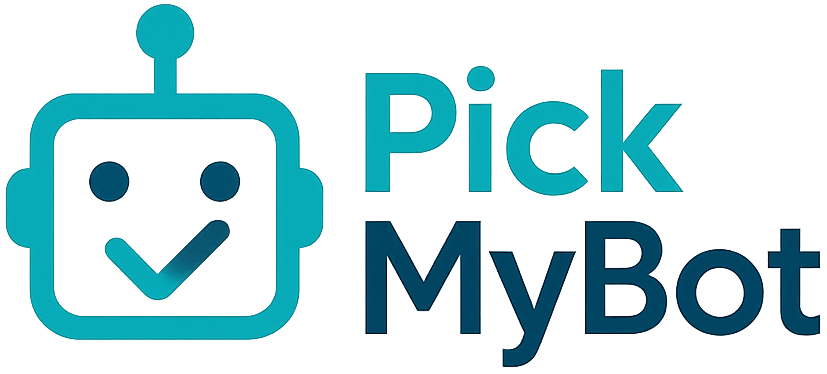
Best AI Tools for Machine Learning
Explore the top-rated tools and popular subcategories for Machine Learning.
Top 10 in Machine Learning










Subcategories
New in Machine Learning
Recently added tools you might want to check out.
Machine Learning
Machine Learning made beautifully simple for everyone. Take your business to the next level with the leading Machine Learning platform.
Machine Learning
The Eclipse Deeplearning4j Project. Eclipse Deeplearning4j has 5 repositories available. Follow their code on GitHub.

